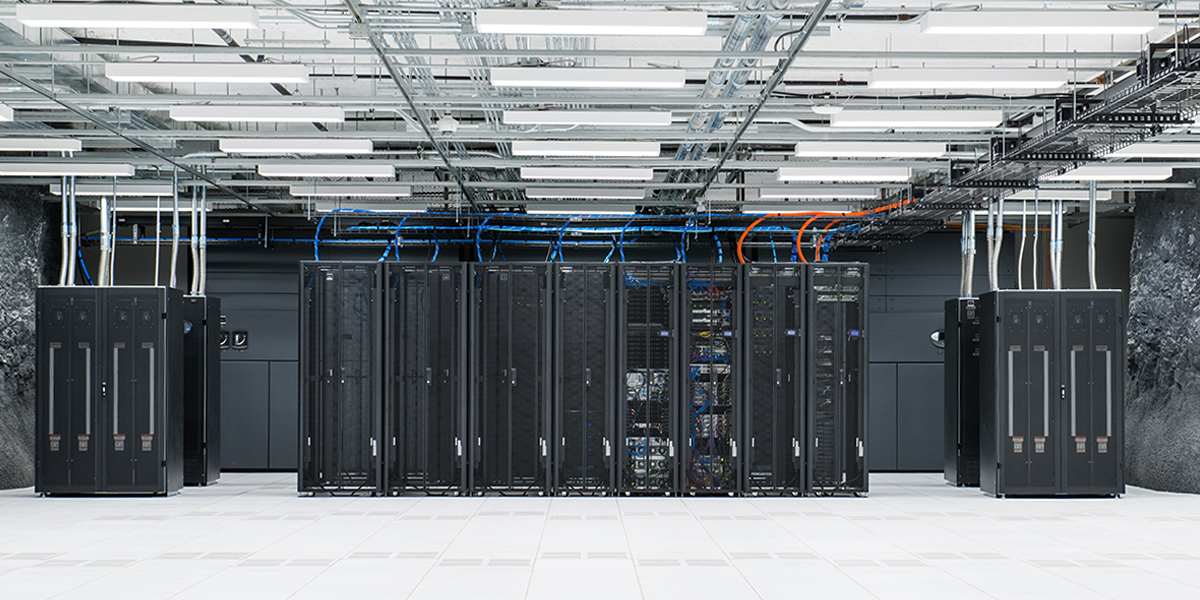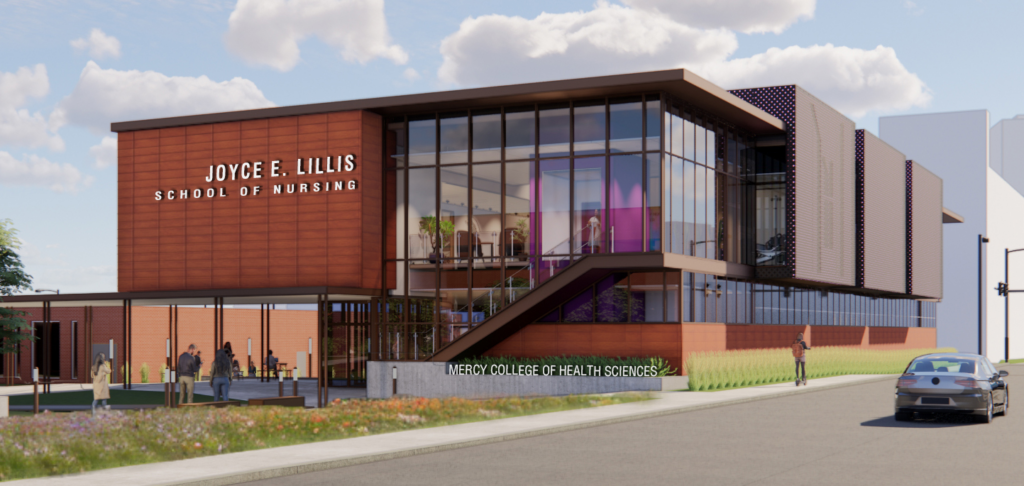Colocation: How to be sure your system is protected

Business Record Staff Jan 17, 2017 | 6:00 am
2 min read time
526 wordsBusiness Insights Blog, ColocationBY DAN KURTZ, Director of new business development , LightEdge Solutions
Multi-tenant data center facilities, known as colocation, can give business owners peace of mind that their computer equipment is well cared for in a secure and safe location, with proper climate control, fire suppression and backup power supported by generators.
Colocation is becoming more popular as business owners learn how data centers work and what they can provide. Many businesses start out operating and managing their own computer hardware and systems but may outgrow their own operation and decide not to make the investment to upgrade. They discover colocation can be a better choice. A separate computer room on-site with the appropriate systems can be a big expense – and an unlikely one most business owners will take – and deter resources from what make the company money.
There are several benefits to colocation:
- The site will have redundant power systems with uninterrupted network and power access, and onsite powered generators. This means power is concurrently maintainable – equipment can be shut down to perform maintenance while a backup generator can continue to provide support. This resiliency isn’t available in most in-house data centers.
- A colocation site also has rigorous security measures, both in regard to compliance and physical barriers with card readers, PIN keypads, biometric readers and on-site employees 24 hours a day, seven days a week and 365 days a year.
- A redundant cooling system that will ensure servers are kept at their optimal operating temperature and don’t overheat.
- On-site employees can serve as a set of remote hands to toggle a switch, reboot a server or manage the client’s operating system/network, firewalls, routers and storage. Customers also have the ability to remain responsible for the management of their equipment and only use the site to store their equipment.
- A data center can offer cloud services for customers that may have issues with data storage.
Colocation facilities offer a variety of options for clients from one rack of equipment, which can be more cost-effective for the client, to a 10-by-10-foot cage to an entire private suite for computer equipment that is physically separate from anyone else’s equipment. The space can expand depending on the changes in the client’s needs.
When choosing a data center, a client also should consider the geography and physical location of the facility. It should be in an area where it’s protected from the environment in case of severe storms or away from other potential hazards such as an airport or major highway.
Location of the data center also can play a role in client costs. For example, the cost of power is more expensive in areas of California than in Iowa; thus it would cost more to operate a data center there. The facility also needs to be in a location where there is access to fiber connectivity. The client also may want a facility that is carrier-neutral, meaning the client can bring in its own power source and use whatever carrier or provider it wants.
Each month this blog will provide more in-depth and detailed information about colocation and shared network data center facilities.
 |
Dan Kurtz View Bio |











